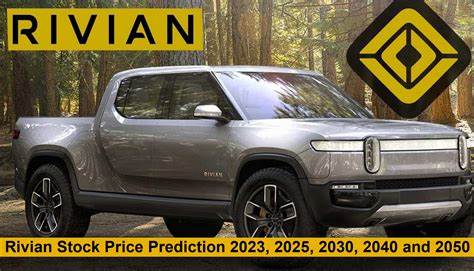The electric vehicle (EV) market, once heralded as the future of automotive transportation, is encountering some unexpected roadblocks in its journey towards widespread consumer adoption. Among the prominent players in this rapidly evolving landscape, Rivian, an American automotive startup, finds itself grappling with the challenges posed by softening demand and lingering affordability concerns.
A recent survey conducted by UBS, the 2024 Global EV survey, sheds light on Rivian’s brand awareness among potential battery electric vehicle (BEV) buyers. While there’s a notable uptick in awareness levels, with approximately 10% of respondents recognizing the Rivian brand, this figure still pales in comparison to more established automotive giants. Moreover, the survey reveals that only a modest 4.5% of respondents expressed genuine interest in purchasing a Rivian EV, signaling a lukewarm reception among consumers.
One of the major hurdles confronting Rivian is the pricing of its vehicles. The company’s flagship models, the R1S SUV and R1T pickup, come with hefty price tags starting at $74,900 and $69,900, respectively. While these vehicles boast cutting-edge features and capabilities, their premium pricing may deter cost-conscious consumers, particularly when compared to the average cost of a conventional vehicle in the U.S. market.
Adding to Rivian’s challenges is the emergence of competition not just from other BEV manufacturers but also from plug-in hybrid electric vehicles (PHEVs). These hybrid offerings, especially in the larger SUV and pickup segments, present an attractive alternative for consumers seeking a balance between fuel efficiency and conventional power. Rivian’s position in the market could be further threatened if competitors introduce PHEV options that cater to similar consumer preferences.
To navigate these obstacles and secure its foothold in the EV market, Rivian is pinning its hopes on the introduction of more affordable models, such as the R2 and R3 vehicles. With an anticipated starting price of $45,000, the R2 aims to broaden Rivian’s appeal and accessibility to a wider consumer base. However, the production timeline for these models is set for 2026, leaving a significant gap in Rivian’s product portfolio in the interim period.
Despite the challenges and uncertainties, the consensus among analysts remains cautiously optimistic about Rivian’s long-term prospects. While UBS analyst Joseph Spak adopts a more conservative stance, expressing concerns about overly optimistic delivery forecasts and the delayed launch of affordable models, the broader analyst community maintains a Moderate Buy rating for Rivian shares. With projected potential gains and an average target price of $17.67, analysts believe that Rivian could still carve out a significant market niche, provided it can effectively address consumer demand for more accessible and cost-effective electric vehicles.
In summary, while Rivian faces formidable obstacles in the competitive EV market, its success hinges on its ability to navigate these challenges adeptly and deliver compelling solutions that resonate with consumers’ evolving needs and preferences.
